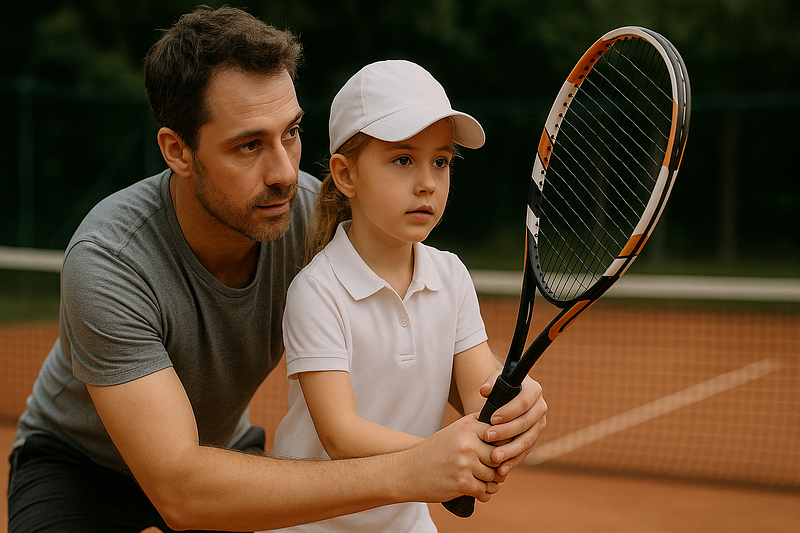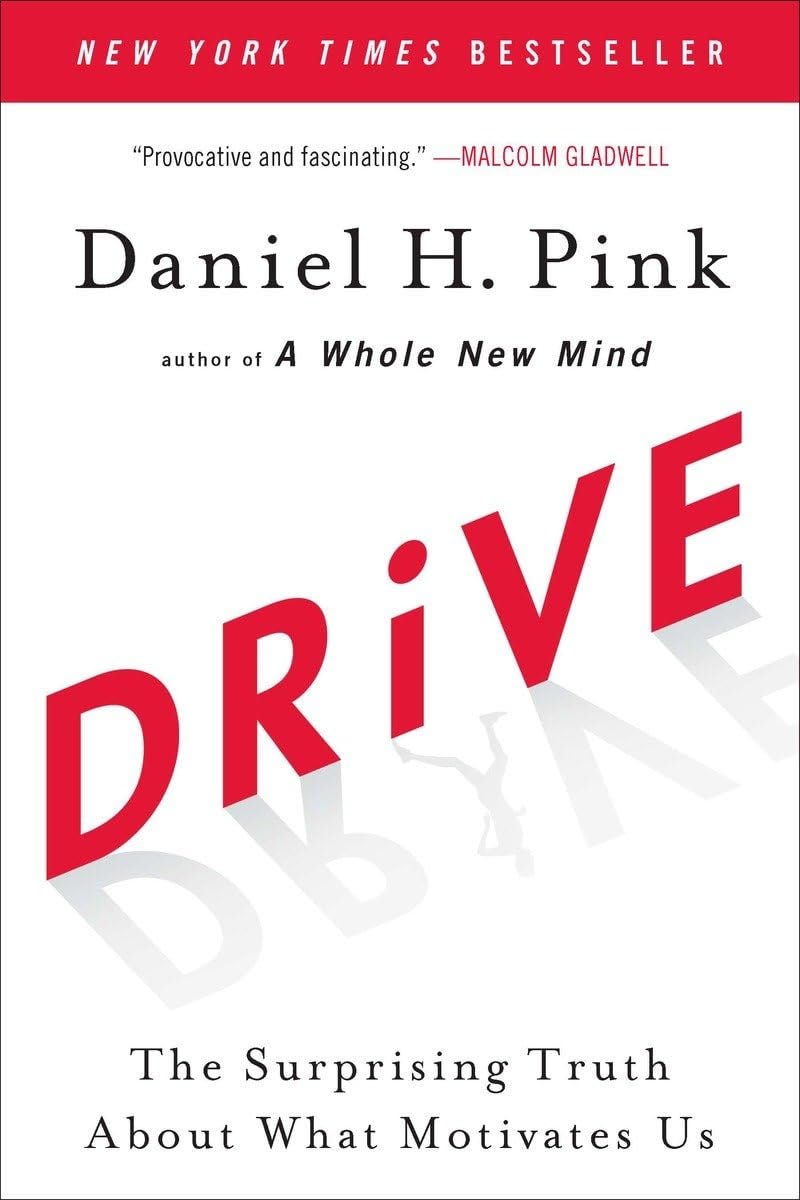Many parent-coaches destroy their kids’ love of sport. But Lauren Embree’s father helped guide her to #1 junior rankings and 2 NCAA championships. Here’s the framework that made their relationship work when so many others fail.

The Foundation: Parent First, Coach Second
“My dad was my dad first,” Embree emphasizes. “He was never my coach and then my dad.” This distinction, while subtle, proved crucial to their success. “Looking back, I still like don’t know how he did it so gracefully and just like perfectly and beautifully because there’s so much tension.”
The Core Principles
Embree’s father established clear priorities that shaped their relationship:
Character Over Results “The only thing he cared about was my attitude, if I tried hard, and my work ethic. He did not care if I won or lost.”
Natural Progression “They never put any pressure on me to identify as a tennis player or pick a certain sport… It was more just like a gradual feeling.”
Balance in Life “My dad instilled playing other sports, doing other things, being having a social life, like having different groups of friends.”
The Teaching Moment
Embree shares a pivotal story that shaped her career: “I remember like when I was 10, I went and played a tennis tournament and my attitude was horrendous… I remember he like ripped me and was like ‘if you ever not try like you are literally never playing this sport again.’”
The lesson stuck. “From that point on, I just felt like that was the message I took with me for my entire career. And I think it’s what made me pretty successful.”
The Communication Framework
Key elements that made their relationship work:
Clear Boundaries They created distinct spaces for tennis and family life. On the court, they focused on development and training. At home, tennis took a backseat to normal family dynamics. This separation allowed their father-daughter relationship to flourish independently of their tennis partnership.
Patience Her father showed remarkable patience in every aspect of their relationship. He never rushed her development, allowed her to learn from mistakes, and gave her space to grow at her own pace. Even when facing setbacks or challenges, he maintained a steady, supportive presence that prioritized long-term development over short-term results.
Humor He consistently found ways to lighten difficult moments, especially during challenging tournament trips or tough losses. When she struggled with the pressures of competition or travel, he’d send encouraging messages filled with light-hearted observations and jokes about her experiences. This approach helped maintain perspective and prevented tennis from becoming overwhelmingly serious.
This balanced communication approach created an environment where tennis could be challenging and competitive without overwhelming their fundamental family relationship.
The Results
The approach didn’t just produce tennis success — it created a sustainable love for the sport. “I genuinely enjoyed doing it,” Embree reflects. “And my dad, by far the most influential, best human being I’ve ever had in my life.”
Lessons for Parent-Coaches
Set Clear Priorities Make character development the non-negotiable focus
Allow Natural Progression Let the child’s interest drive the commitment level
Maintain Perspective Remember that sport is a vehicle for development, not the end goal
Show Patience Understanding that development takes time and isn’t linear
The Bottom Line
The parent-coach relationship doesn’t have to be toxic. With the right framework, it can become a powerful force for both athletic and personal development.
Remember: Your child will forget most matches, but they’ll never forget how you made them feel.
Your Challenge for the Week
This week, apply the “Character First” principle in your relationships:
If you’re a coach/parent/mentor: For every one piece of technical feedback you give, offer three comments about effort, attitude, or character.
If you’re an athlete/student: Notice what kind of feedback motivates you most. Track when adults focus on your effort versus your results — which conversations leave you feeling more confident?
Try this for just three interactions and notice what changes in the relationship dynamic.
Remember Embree’s father: he cared more about her trying hard than winning or losing.
Have you seen our YouTube channel?
We don’t just have the exponential athlete podcast hosted there. We also have highlight clips from the episodes with the most relevant lessons!
Check it out here: https://www.youtube.com/@ExponentialAthlete
Book Recommendation
Drive: The Surprising Truth About What Motivates Us — https://amzn.to/3FKzpFa
Drawing on four decades of scientific research on human motivation, Pink exposes the mismatch between what science knows and what business does — and how that affects every aspect of life. He examines the three elements of true motivation — autonomy, mastery, and purpose-and offers smart and surprising techniques for putting these into action in a unique book that will change how we think and transform how we live.

